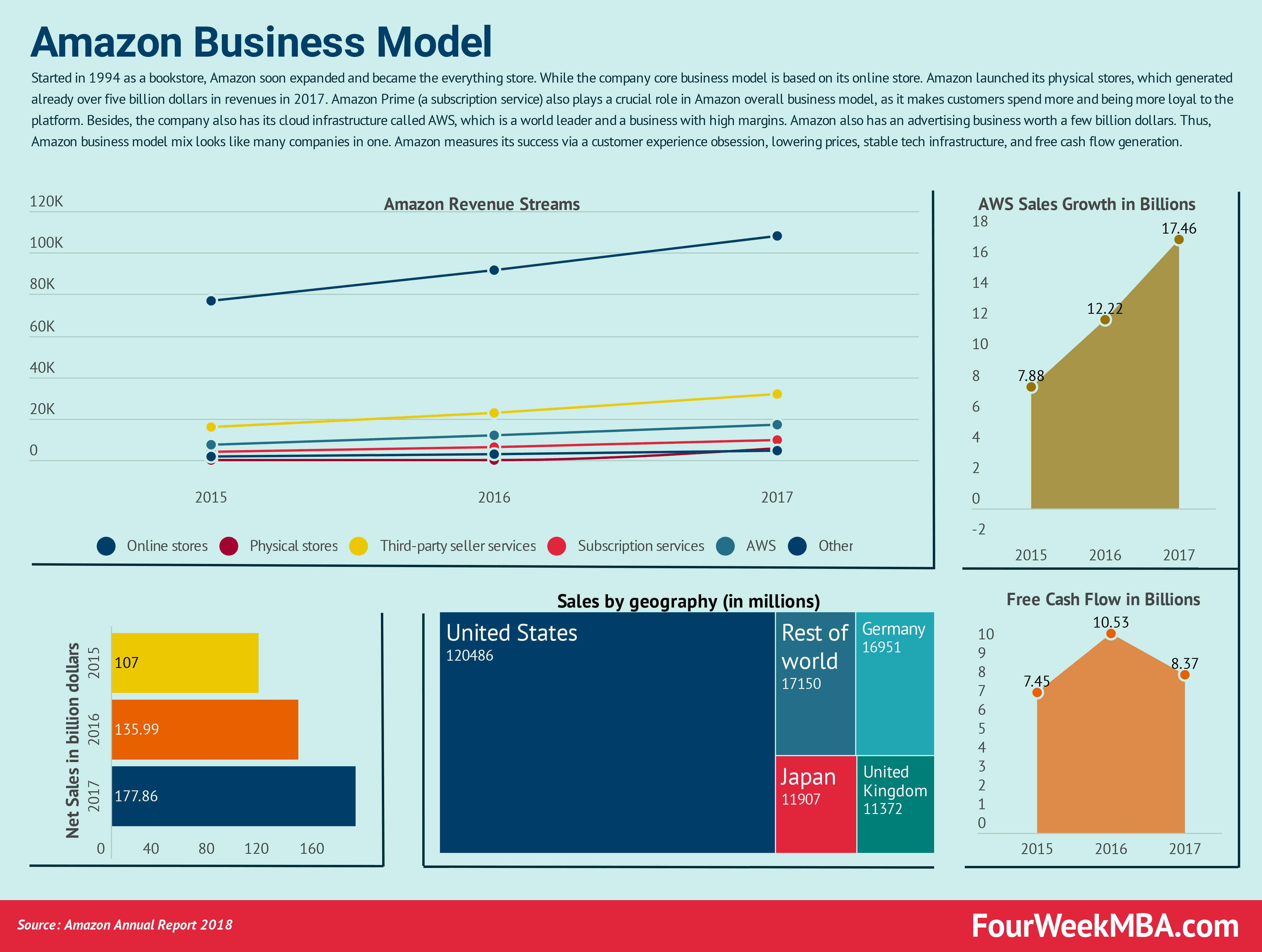
Contents
- 1 The Rise of Boston Beer Company
- 1.1 Brewing Success: The Business Strategy
- 1.2 Innovation and Product Development
- 1.3 Quality Assurance and Craftsmanship
- 1.4 Marketing and Branding
- 1.5 Distribution and Market Penetration
- 1.6 Community Engagement and Sustainability
- 1.7 Adapting to Changing Consumer Preferences
- 1.8 Investing in Employee Development
- 1.9 Conclusion
The Rise of Boston Beer Company
The Boston Beer Company, known for its flagship brand Samuel Adams, has become a household name in the craft beer industry. With its humble beginnings in 1984, the company has grown exponentially and is now one of the largest craft beer producers in the United States.
Brewing Success: The Business Strategy
One of the key factors behind the success of the Boston Beer Company is its strong business strategy. The company has focused on several key areas to differentiate itself from competitors and to capture a significant market share.
Innovation and Product Development
Boston Beer Company has consistently focused on innovation and product development. They have introduced a wide range of beer styles and flavors to cater to different consumer preferences. By constantly experimenting and releasing new products, the company has been able to stay relevant and appeal to a diverse customer base.
Quality Assurance and Craftsmanship
The company takes pride in the quality of its products. Boston Beer Company follows traditional brewing techniques and uses high-quality ingredients to ensure that each beer delivers a unique and exceptional taste. This commitment to craftsmanship has helped them build a strong reputation in the industry.
Marketing and Branding
Boston Beer Company has invested heavily in marketing and branding efforts. They have successfully positioned Samuel Adams as a premium craft beer brand, targeting consumers who appreciate quality and craftsmanship. The company’s marketing campaigns have focused on storytelling and creating an emotional connection with beer enthusiasts.
Distribution and Market Penetration
The company has established a robust distribution network, allowing its products to reach a wide range of retailers and consumers. Boston Beer Company has strategically expanded its market presence by entering new markets and forming partnerships with distributors. This has enabled them to increase their market share and compete effectively with larger beer companies.
Community Engagement and Sustainability
Boston Beer Company actively engages with its local communities and supports various charitable initiatives. This commitment to social responsibility has helped them build a loyal customer base and enhance their brand reputation. The company also focuses on sustainable practices, such as reducing water usage and utilizing renewable energy sources, to minimize their environmental impact.
Adapting to Changing Consumer Preferences
As consumer preferences evolve, Boston Beer Company has shown the ability to adapt and innovate. They have introduced low-calorie and non-alcoholic options to cater to health-conscious consumers. By staying ahead of market trends and listening to customer feedback, they have maintained their position as a leading craft beer company.
Investing in Employee Development
The company recognizes the importance of its employees in driving its success. Boston Beer Company invests in employee development programs to foster a culture of continuous learning and growth. By empowering their workforce, they ensure that their teams are motivated and equipped to deliver the highest quality products and services.
Conclusion
The Boston Beer Company’s business strategy has played a crucial role in its growth and success. Through innovation, quality assurance, marketing, and community engagement, they have established themselves as a leader in the craft beer industry. By staying true to their core values and adapting to changing consumer preferences, they continue to thrive and shape the future of the beer market.




